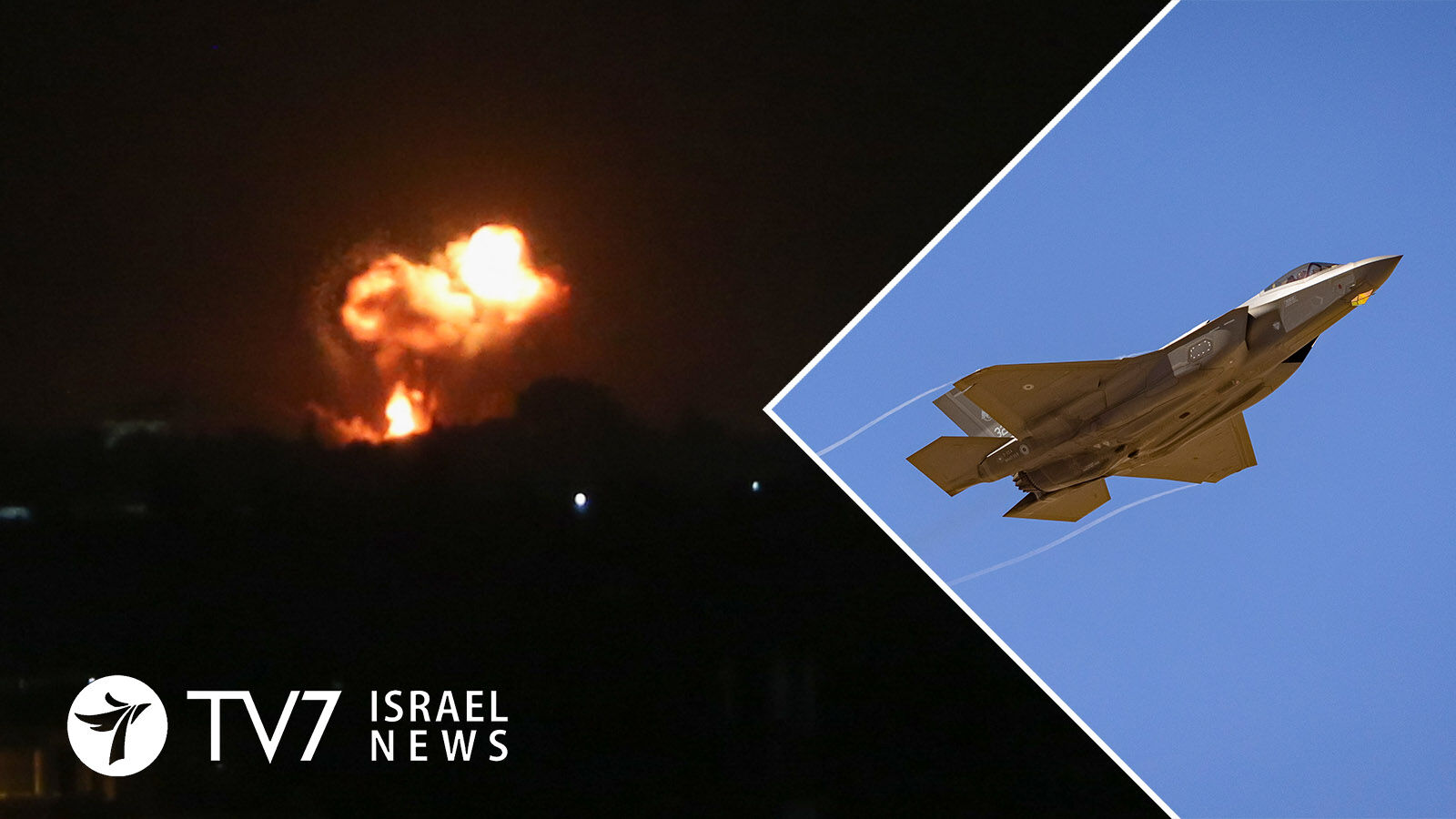Syria has accused the Israeli Air Force (IAF) of carrying out several attacks over the past several days.
By Erin Viner
Syrian air defenses intercepted the Israeli missiles southeast of Aleppo and shot down a number of them late last night, state media in the Arab Republic cited a military source as saying. The attacks also reportedly killed one Syrian soldier and wounded 7 other people, while also knocking out service at the Aleppo International Airport.
The source said the strikes targeted the airport and other sites in the vicinity, causing some material damage.
A separate precision missile attack just after midnight on Saturday was launched from northern Lebanon on Syria’s Al-Daba’ah military base in the countryside of the city of Homs. The incident occurred less than 12 hours after Iranian Foreign Minister Hossein Amirabdollahian toured Lebanon’s southern frontier with Israel.
Despite claims by state media that the incoming rockets were intercepted by Syrian aerial defenses, confirmed reports said warehouses containing munitions belonging to Iran’s terrorist proxy Hezbollah and several trucks used for weapons transfers were totally destroyed.
One of the Syrian surface-to-air projectiles failed to intercept the missiles and instead slammed into a civilian gas station near the border village of Al-Naqirah, injuring 3 citizens.
Israel has for years been carrying out attacks against what it has described as Iran-linked targets in Syria, where the Ayatollah regime’s influence has grown since it began supporting President Bashar al-Assad in his country’s civil war that began in 2011.
Western intelligence officials say the Islamic Republic has stepped up aerial weapons shipments to its terrorist proxies, including the Hezbollah terror organization, in attempts to evade IDF strikes on overland ground convoys. Strikes on Syrian airports and air bases have intensified in recent months. Iranian proxies, led by Hezbollah, now control large areas of eastern, southern and northern Syria and in several suburbs around the capital.
The IDF Spokesperson’s Unit neither confirmed nor denied Israeli involvement in the strikes in response to TV7’s request for comment.
Although officials rarely acknowledge responsibility for specific operations, Israel has acknowledged mounting hundreds of attacks on Iranian-linked targets in Syria – where the Islamic Republic’s forces and proxy have become entrenched in deployments aimed at attacking the Jewish State for almost a decade. Research centers for weapons development and munitions depots operated by IRGC have particularly been in the IDF’s crosshairs.
Israeli political and defense leaders have repeatedly stated that Iran’s presence just over the northern frontier will not be tolerated.
The United States and Israel have been increasingly concerned about Iran’s manufacturing of armed unmanned aerial vehicles (UAVs, drones), and the possibility it would pass on those capabilities to regional proxies such as the heavily armed Hezbollah.
Three Western intelligence sources noted increased use by Iran of the Aleppo airport to deliver more arms in recent months – taking advantage of heavy air traffic as cargo planes offload relief aid following February’s deadly earthquake. An alleged Israeli strike on 7 March also put the Aleppo airport out of service after blowing up an Iranian arms cargo shipment just hours after it was delivered by a plane, said the sources.
Syria claimed the attacks – which have been condemned by its biggest backer Russia, as well as Iran – were disrupting much-needed aid for victims of deadly February earthquakes.
Israeli intelligence figures have signaled to Iran in recent weeks that it must halt arms transfers to its terrorist proxies under the guise of humanitarian aid to the quake-stricken regions in the Arab Republic, or face retaliation from Israel. Despite those warnings, an intelligence source speaking to TV7 on condition of anonymity, said that “the Islamic Republic continued to use its civilian aircraft to smuggle weaponry into Syria.”
Noting that Iranian proxy militias are expanding their influence in Syria’s northern Aleppo Province, two regional intelligence sources said nearby Nairab Military Airport is now being used regularly for Iranian arms deliveries and the movement of troops. Speaking on condition of anonymity due to sensitivities on the matter, the sources said that yesterday’s strike hit an underground munitions depot where missile systems transported by several Iranian military planes had been warehoused.
Syrian President Assad has never publicly acknowledged that Iranian forces have operated on his behalf in the war, claiming Tehran has only military advisers on the ground – despite frequent visits by top Iranian military officials and numerous deals to supply advanced weapons.
